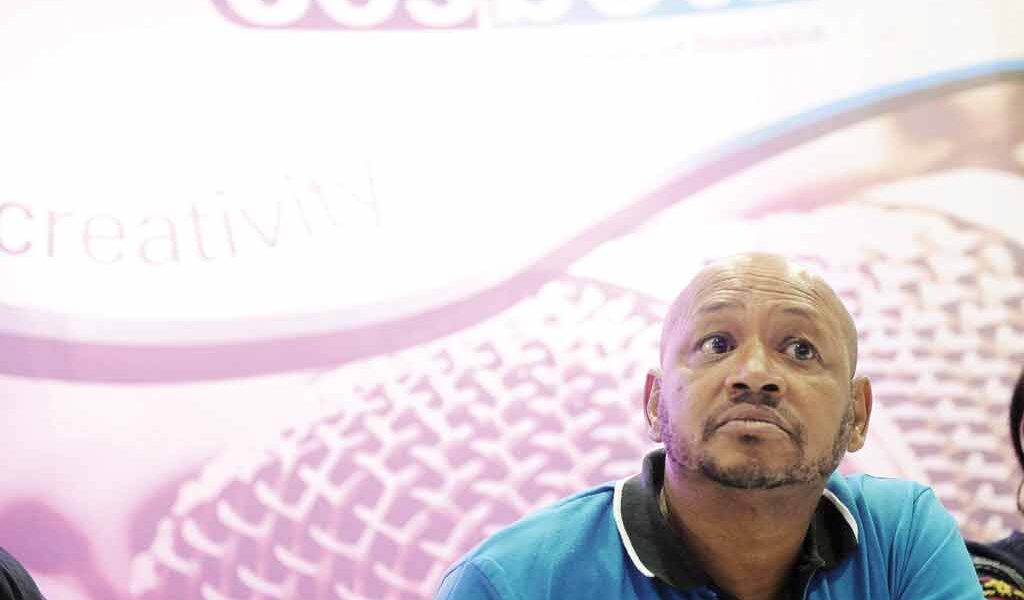Duma FM to be sued for lack of compliance
GOSEGO MOTSUMI
The Department of Broadcasting Services (DBS) and Duma FM have not paid musicians royalties to the Copyright Society of Botswana (COSBOTS).
A disappointed COSBOTS Chairman Solomon Monyame told a press conference in Gaborone last week while royalties from other radio stations have been received and paid out, save for the two parties.
“DBS has not paid this period and efforts to engage them are not bearing fruits. We are failing to make the government to comply and our members are obviously disappointed but we are not giving up…another broadcaster that is failing to comply is Duma FM and we have taken the radio station to court,” he said.
Monyame however did not disclose the amount owed by the two parties or their reasons for not paying.
“It is unprofessional and unethical to discuss what is owed. It is a contractual agreement that I cannot disclose and we have been writing these broadcasters letters and they have not given us reasons why they have not paid,” he told Time Out.
A COSBOTS Due Diligence Report on Corporate Governance dated 18th November 2016 also points out that due to reasons beyond control, collections have been dropping considerably over time. Much of the blame is put on DBS whose lack of compliance is said to be contributing to the failure to reach the 30% administrative costs target and not to be helping the organization attain optimum capacity as it grows.
Artists, last year, raised several grievances over the small amount of royalties they received following the September 100% local music playlist initiative from which they expected substantial payouts. It has however surfaced that musicians lack clarification on how royalties are calculated. This is despite the fact that workshops are held prior to royalty distribution.
Giving an example of how calculations are made, COSBOTS Chief Executive Officer Thato Mokobi gave the example where P2 million were to be paid by a radio station. The frequency a song is played (e.g. if a song is played 100 000 times) the P2 million is divided by 100,000 and the answer would be P20, which is the amount paid each time a song plays. After that, “The accumulated amount is shared between the composer, adapter, arranger among others of the song,” he explained.
At live events, however, Mokobi explained that an upfront 7.5% of the gross revenue or gross operating budget or gross ticket sales tariffs has to be paid to COSBOTS. Calculations are based on the number of people a promoter expects to attend the event. COSBOTS officials would then attend the show to monitor and ensure that indeed the anticipated number turned up. After the show the promoter is expected to go to COSBOTS for the reconciliation of the figures, Mokobi said.

